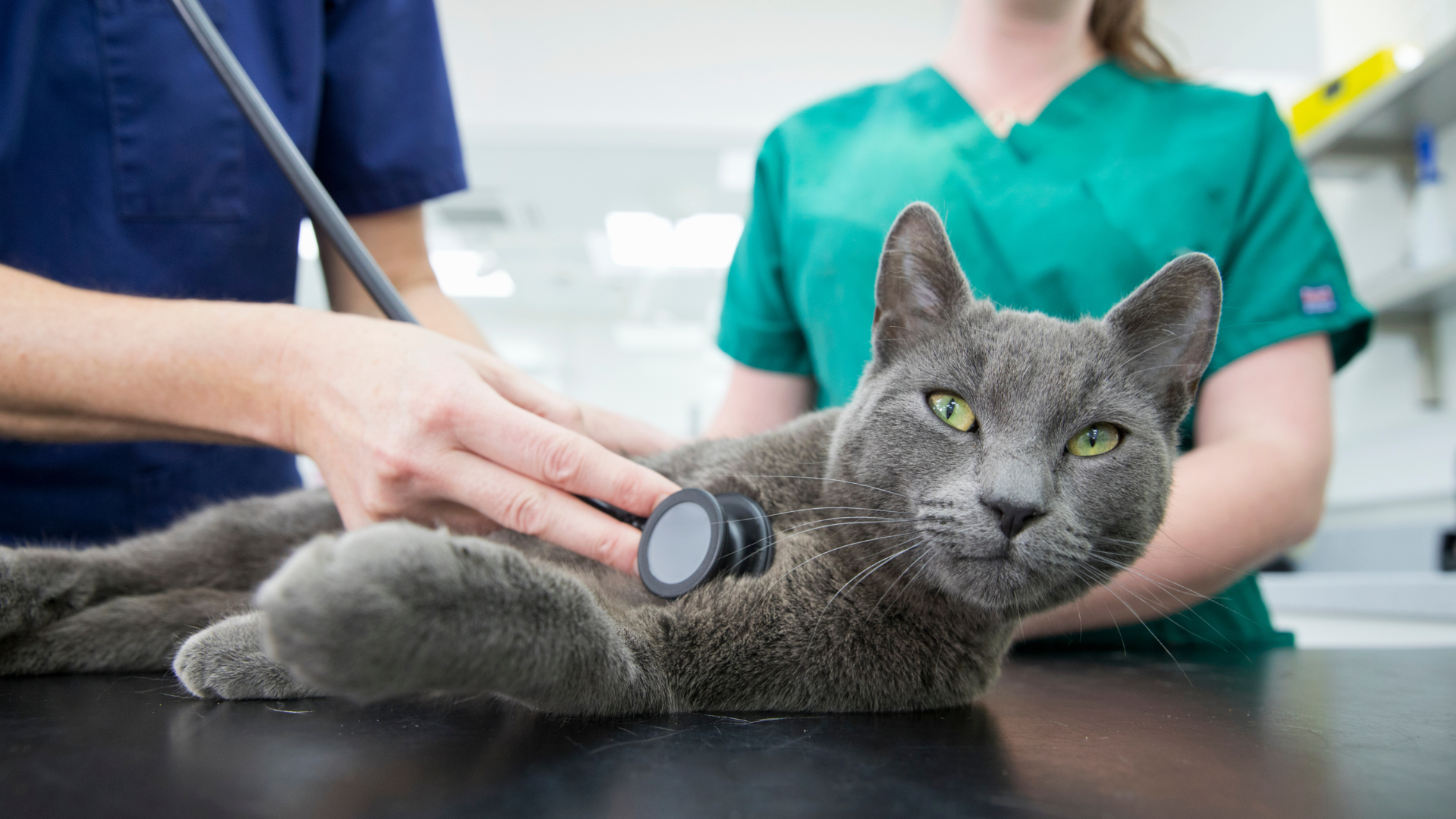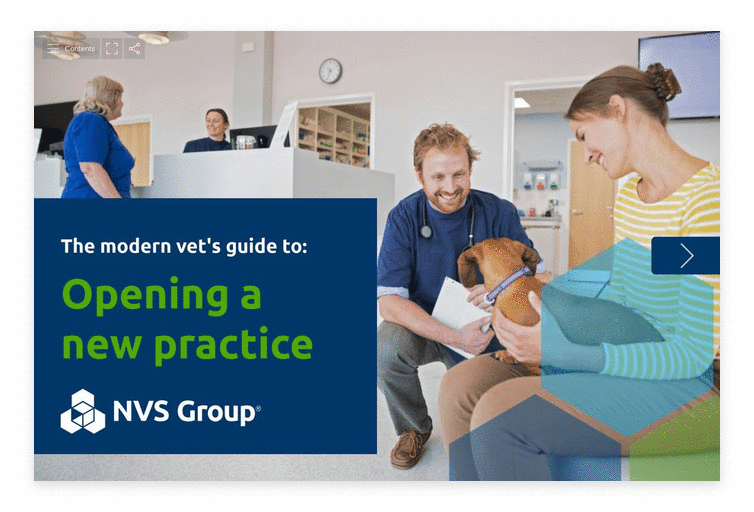
Embarking on the journey to open your own veterinary practice is a thrilling and rewarding endeavour. However, it comes with a multitude of considerations and decisions, ranging from choosing the right legal structure to securing funding, setting up business banking, and acquiring the necessary insurance. To help simplify the process, we’ve summarised the essential information you need to know in our quick guide.
Legal structure
Choosing the appropriate legal structure for your veterinary practice is a fundamental decision that will impact every aspect of your business. There are three primary options available: operating as a sole trader, forming a partnership, or creating a limited company, each carrying distinct advantages and disadvantages.
Sole trader – one of the simplest structures, with minimal paperwork involved. However, this structure means that you’ll be personally liable for any business debts and operating alone can also be more stressful and leave you with more roles to balance than operating alongside a partner or other company directors.
Partnership – working alongside a partner with complementary skills, like practice management experience, can lighten your workload significantly. Although as a partner, you’ll still face unlimited liability and mutual responsibility for debt.
Limited company – this is a separate legal entity, meaning your personal assets are protected if the practice goes into debt, or if legal action is brought against it. The disadvantages include additional paperwork and more complex set-up and operation, frequently requiring advice from solicitors and accountants.
Top tip – consulting an accountant regarding the tax implications and your individual circumstances as well as considering long-term strategic goals are essential steps in making an informed decision.
Business funding
Business funding can come from various sources, including personal savings, which are the most economical, and pooled resources in partnerships. External finance options include investments from friends and family, selling stakes to shareholders in exchange for capital and shared profits, as well as loans from banks and professional investors who will require a comprehensive business plan outlining profit generation. Business loans can be unsecured up to £100,000 or secured against assets for larger amounts.
Top tip – SPVS offer a course on how to write a business plan to gain funding: https://courses.spvs.org.uk/courses/how-to-write-a-business-plan-for-a-new-start-up/
Business banking
Establishing a dedicated business bank account is crucial for maintaining clear and organised financial records. It separates your personal finances from your business transactions, simplifying tax preparation and financial analysis. Moreover, many banks offer specialized services and benefits tailored to small businesses, such as help with setting up card payments and other payment gateways. Some may also offer benefits such as free invoicing and accountancy packages or other tools.
To tip – it’s worth asking for personal recommendations for banks that offer good facilities for business. There is a wide choice on the High Street as well as app-based banks such as Starling, Revolut, or Monzo.
Insurance
There are specialist insurers who service the veterinary market, and it is worth talking to them about insurance cover that you may require for your new practice.
The main ones are:
Employers’ liability insurance – covers the employer for any injury to staff while at work. Legally required.
Buildings or contents insurance for the practice – insurance relating to the premises or damage to contents. Some may include business continuity benefits allowing you to move to temporary alternative premises.
Professional indemnity insurance – safeguards against claims due to negligence or errors. Generally considered one of the most important insurances for vets.
Public liability insurance – cover against a client or other member of the public being injured on the premises.
Key person insurance / corporate risk – this protects the business if the key person becomes ill or dies. It may also include loan protection or protect any shareholder investment.
Income protection / life insurance – cover for your family.
Locum insurance – covers against the need to pay a locum as an additional unanticipated cost.
Top tip – some providers offer packages that include the insurance you need as a bundle and also offer insurance audits, helping you to identify what you need.
Registration of Practice
All veterinary practice premises must be registered with the RCVS and inspected by either the RCVS as part of the Practice Standards Scheme, or the Veterinary Medicines Directorate (VMD).
The process is relatively simple, requiring a form from the RCVS website to be completed and emailed. A small annual registration fee is due by the 1st of April each year, or when you apply to register a new practice; this can be paid through the RCVS website once your form has been received.
If you plan for your practice to be accredited under the RCVS Practice Standards Scheme, the fee for this includes registration of the premises and an RCVS inspection replaces the one typically carried out by the VMD.
VMD Inspections – all practices not registered with the RCVS Practice Standards Scheme receive regular inspections from the VMD to ensure they comply with the Veterinary Medicines Regulations. There is an inspection fee payable to the VMD after the inspection is carried out.
Read more….
For a more comprehensive understanding and to ensure you’re fully prepared for every aspect of opening your new veterinary practice, be sure to read our Modern Veterinarian’s Guide to Opening a New Practice. An invaluable tool crafted by industry experts, it provides you with essential insights, best practices, and practical tips to ensure your success.





